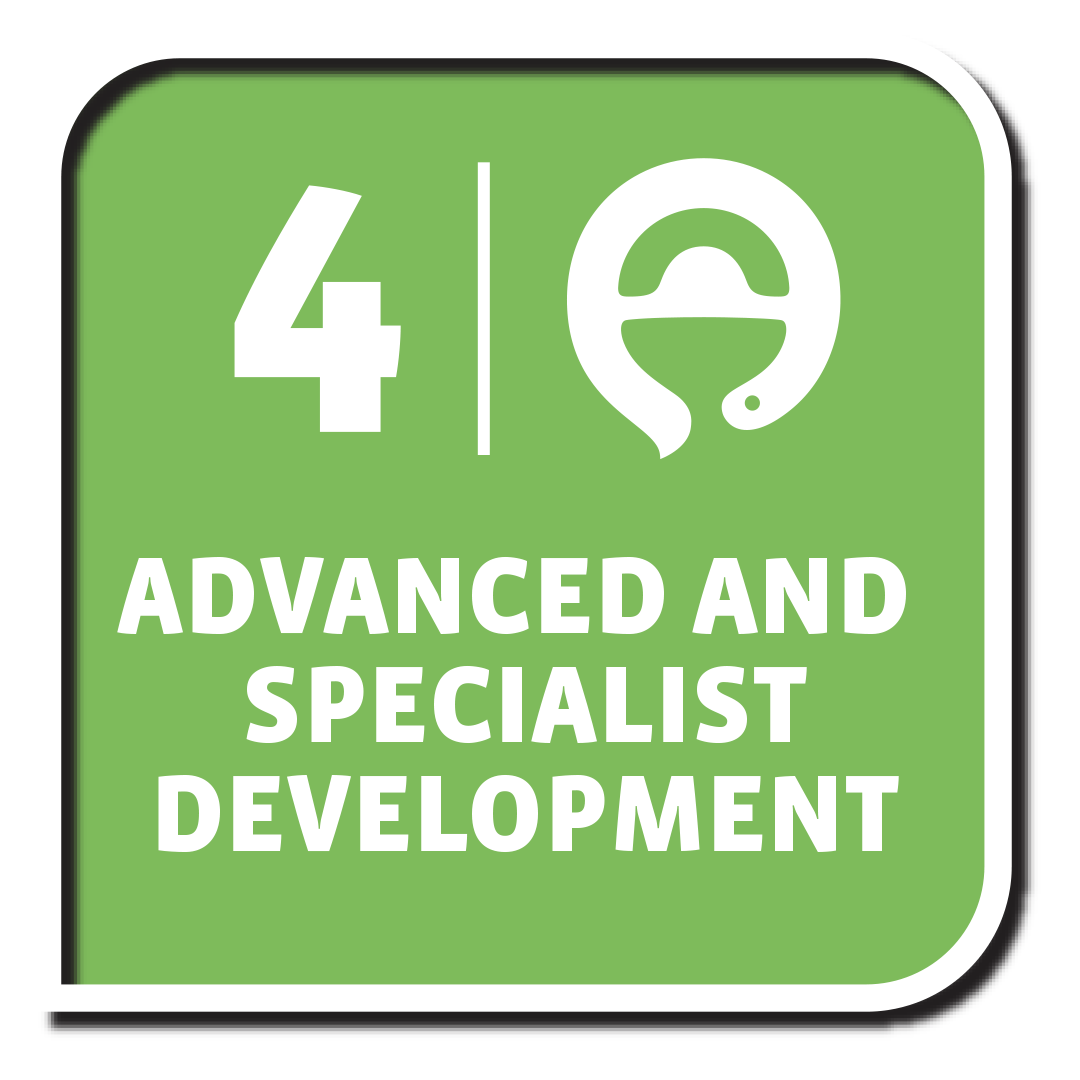PSMO-06 - Education can save lives: Point-of-care-testing (POCT) for early detection in pharmacy and innovative approaches in pharmacy practice
Tracks
Room A1
| Monday, September 1, 2025 |
| 14:30 - 16:00 |
| Room A1 |
Details
Chair(s)
Ms Ria Benko, University of Szeged, Faculty of Pharmacy, Hungary & Dr Arijana Mestrovic, Pharma Expert, Croatia
Introduction:
For POCT to reach its full potential and provide maximum benefit to patients, policy makers, educators and researchers need to ensure that such services are high quality, patient-centred and consistent. Proper education and certification ensures that pharmacists can perform tests safely and effectively, minimising the risk of errors that could lead to misdiagnosis or inappropriate treatment. Certification ensures that pharmacists are familiar with the legal and regulatory requirements surrounding POCT, helping to maintain high standards of practice. Education and training in POCT methodologies and equipment use ensures that pharmacists can consistently deliver accurate and reliable test results, which is essential for effective patient care.
Programme:
Learning objectives:
1. To understand the need for education and competency development to perform POCT in pharmacy.
2. To implement innovative approaches in pharmacy practice.
3. To explore opportunities for early detection in pharmacy practice.
Take home messages:
POCT services are ever more present in pharmacy practice. Through continuing education programmes, pharmacists can develop skills in critical thinking and reasoning to provide solid interpretations of tests in their practice. Influencing health literacy and enhancing public health is essential to make the healthcare system work. As healthcare continues to evolve, pharmacists providing POCT services can play a more significant role in preventive care and chronic disease management, ultimately improving health outcomes and reducing healthcare costs.
As the healthcare environment changes, pharmacists, as highly competent and accessible healthcare providers, are perfectly positioned to make a significant contribution to primary healthcare and preventive patient care.
FIP Development Goals:


 To learn more about these FIP Development Goals, click on the links below.
FIP Development Goal 4: Advanced and Specialist Development
FIP Development Goal 5: Competency Development
FIP Development Goal 7: Advancing Integrated Services
To learn more about these FIP Development Goals, click on the links below.
FIP Development Goal 4: Advanced and Specialist Development
FIP Development Goal 5: Competency Development
FIP Development Goal 7: Advancing Integrated Services
| 14:30 – 14:35 | Introduction by the chairs | |
| 14:35 – 14:55 | Educating and certifying pharmacists to provide point of care testing (POCT): The power of clinical decision for early detection | |
| Prof. Dalal Hammoudi, Qatar University, Qatar | ||
| 14:55 – 15:15 | Experience with POCT at European pharmacies | |
| Ms Susan O'Dwyer, Irish Pharmacy Union, Ireland | ||
| 15:15 – 15:40 | Innovative approaches and successes in AMR with Platinea | |
| Prof. Elisabet Nielsen, Platinea, Uppsala University, Sweden | ||
| 15:40 – 16:00 | Panel discussion |
Speakers
Dr Dalal Hammoudi Halat
Qatar University
Educating and certifying pharmacists to provide point of care testing (POCT): The power of clinical decision for early detection
Prof Elisabet Nielsen
Platinea, Uppsala University
Innovative approaches and successes in AMR with PLATINEA
Ms Susan O'Dwyer
Irish Pharmacy Union
Experience with POCT at European pharmacies
